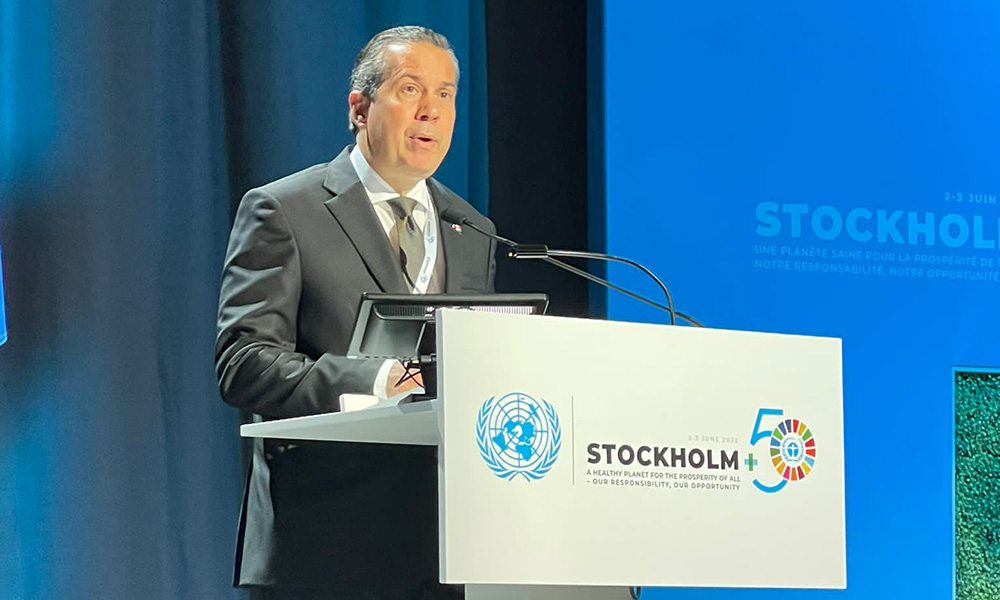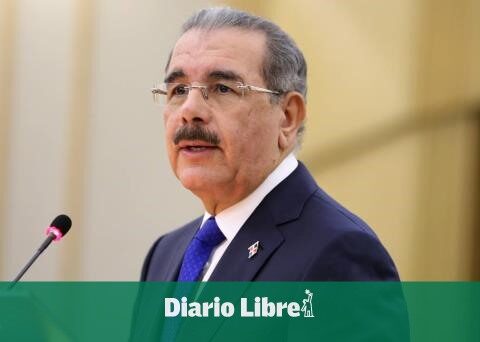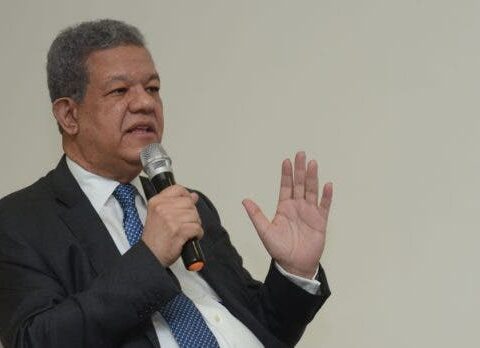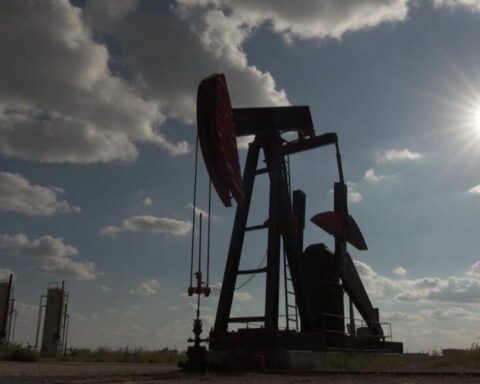Climate finance has a unique role to play in catalyzing a green and resilient recovery, however, the modalities of financial institutions and their processes are still not effective enough to solve the challenges of climate change, especially in small island states.
With this statement, the Minister of the Environment and Natural Resources, Orlando Jorge Mora, marked his participation in the Stockholm+50 Conference, which takes place in Sweden on the 2nd and 3rd of this month.
“I would like to draw attention to global and regional inequality in access to financing and green technologies. The wide differences between different Latin American countries are very worrying, but above all, between developed and developing countries”, he said.
The official stressed that for countries like the Dominican Republic, the impact of climate change is, without a doubt, in greater proportion and intensity. The country appears in the list of the states most vulnerable to climate change, occupying one of the first fifteen places, while Haiti has remained in the first three during the last two decades.
He argued that Latin America is the region that emits the least greenhouse gases, less than 8.3% of GHG, and in the case of the Dominican Republic 0.06%, it is, however, the region most vulnerable to climate change. In particular the Caribbean.
As he explained, disasters have repercussions not only on the tourism and agricultural sectors, but also on the quantity and quality of water, with the salinization of aquifer reserves due to the rise of the sea; coastal-marine ecosystems; for the forestry sector, food security and the health sector, among others.
“However, we cannot do all this alone and the urgency of our situation cannot wait for critical results promised in the Paris Agreement that are yet to be fulfilled,” he said.
Mera declared that it is necessary to maintain 1.5 degrees Celsius of global temperature; end persistent subsidies to polluting industries; ensure more efficient and quality financing, especially for adaptation; and financing for losses and damages, so that when the onslaught of extreme weather events comes, there are funds for recovery.
After his participation in the event, Minister Orlando Jorge Mera shared with the Caribbean by telephone the agenda to be developed and the work aimed at achieving the objective of reducing greenhouse gas emissions in the country by 27% by 2030. “We as a country produce an amount that compared to developed countries is minimal, we are working on our commitment for 2030 to reduce them by 27% and for such purposes we meet weekly with different sectors of national life to ensure that they also assume their commitment,” he said.
Collaborative agenda to mitigate GHG
The signing of an agreement between the Ministry of the Environment and the Swedish Atomic Energy Agency for the implementation of article 6 of the Paris Convention on contributions and mitigation of greenhouse gases is scheduled for today. Jorge Mera exhausts an extensive agenda of meetings with Ministers of Environment of Colombia, Ecuador, Spain and Sweden, and the director of the United Nations Convention against Desertification.








